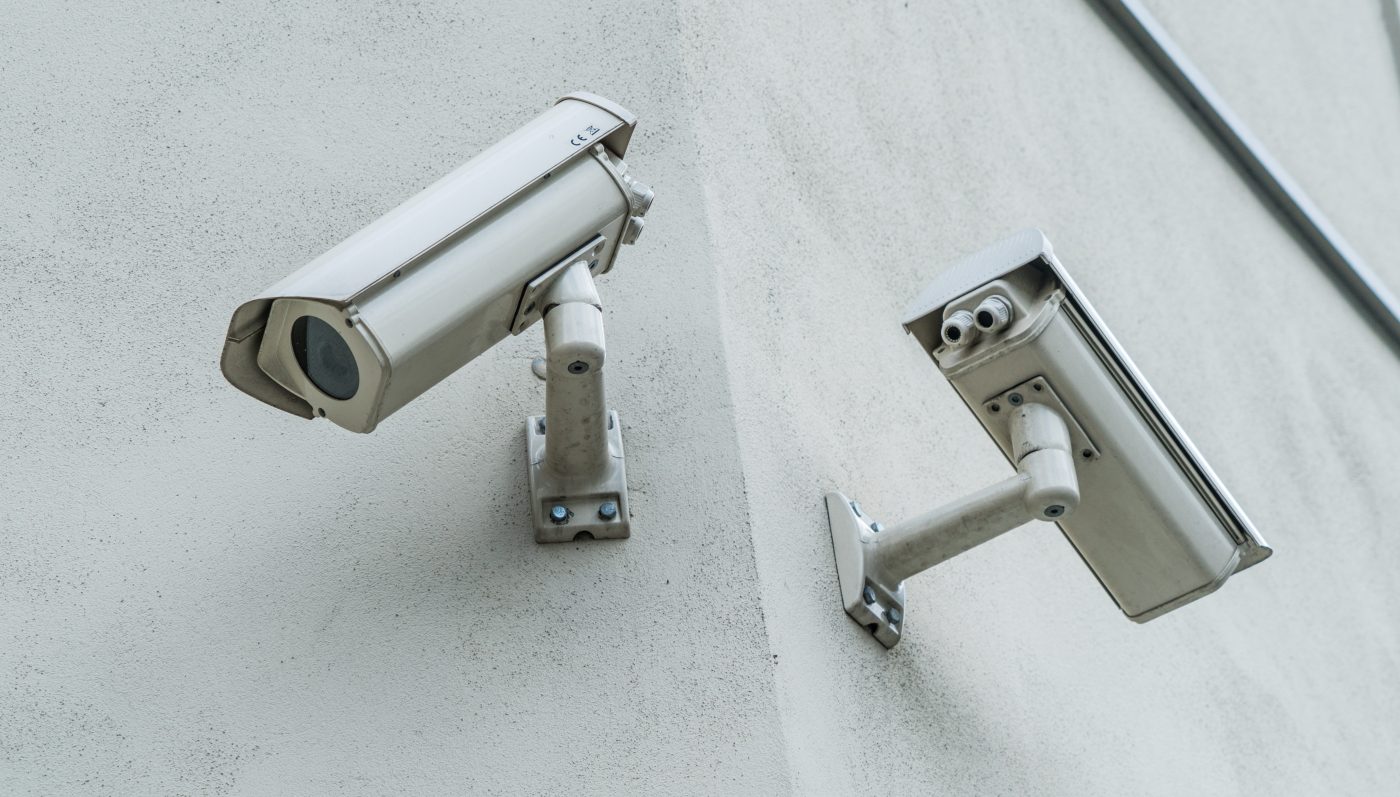
Stephen L. Carter: Too many security cameras, not enough safety
Civil libertarians are celebrating the recent announcement by Amazon that law enforcement agencies will no longer be able to obtain Ring doorbell camera videos just by asking. Henceforth, the company will require a subpoena or a search warrant.
That’s great news. One needn’t be anti-cop (I’m certainly not) to agree that government should jump through a hoop or two before seizing images people reasonably believe to be private. Yet we’re dealing here only with the tip of the proverbial iceberg.
Video surveillance has become a regular feature of life. Doorbell cameras are only a small part of what’s been called “the banality of security” — measures that swiftly become so much a part of everyday life that they’re hardly noticed. Once we step outside our homes, chances are we’re being recorded.
Supposedly, the growing video overwatch is making us safer. And maybe at some places — the White House, the airport — it really does. But do the ubiquitous cameras really contribute to our overall security? If not, we’re sacrificing a precious right to go about our lives without our every step being tracked.
The data are, at best, unpersuasive.
Let’s start with the doorbell videos. True, there are neighborhoods where residents insist that Ring and similar technologies have made them feel safer. There are also a handful of cases where the doorbell camera feed was a key piece of evidence. Overall, however, the available data don’t support the claim that the availability of Ring videos to law enforcement reduces crime. (On the other hand, a 2022 study of footage posted by users in Los Angeles suggests that the decision of when to label recorded conduct suspicious is often influenced by the stranger’s race.)
Do other security cameras do more good? Consider a few examples.
By now we’re all familiar with the devices mounted above intersections that are supposed to snap pictures of cars that run red lights. Putting aside the frequently raised question of their accuracy, there’s debate over how well they reduce accidents. Certainly the cameras lead to a decrease in right-angle collisions (one car strikes another broadside), but they also appear to increase rear-end collisions, perhaps by encouraging more people to slam on the brakes. (And we’ve known this for a long time). At the very least we can say that the cost-benefit analysis is complex.
What about the increasing network of anti-crime cameras that monitor public parks, streets, and the like? They’re apparently more successful on police procedurals than in real life, because the wrongdoers by and large don’t take them seriously. In the words of criminologist Eric Piza, “While lay persons (and even some ‘experts’) may assume conspicuous camera presence alone sufficiently communicates heightened risk, such causal mechanisms can be difficult to generate in practice.” According to Piza’s data, actively monitored video systems do have a small crime-reducing effect; passively monitored systems have none. But until AI brings Orwell’s “telescreens” to life, no government on earth has the resources to monitor every camera in real time.
Or let’s consider shopping. Most retailers have cameras now, but when asked, those in the industry consider security guards a much more significant deterrent to shoplifting. In the store as on the street, the cameras seem to have a crime-reducing effect only when they’re constantly monitored. True, what’s become known as “human activity recognition” might allow AI to monitor the cameras and predict by how people behave in the store which shoppers are likely lifters, and direct the security guards where to go. But that’s another road I feel queasy about traveling.
I’m not anti-technology; I’m pro-privacy. And I’m of the generation that was taught that privacy isn’t only about what people do behind closed doors. We all understand that we leave a digital trail as we make our way across the cyber world. It’s troubling, to say the least, that we nowadays leave so many digital trails when, minding our own business, we go through our daily routines.
Maybe my attitude about privacy is old-fashioned. We live at a time, after all, when some 3 out of 10 young people support the installation of surveillance cameras in the private homes. This year marks the 75th anniversary of the publication of the novel 1984; and maybe those always-on telescreens are a lot closer than we think.
So by all means let’s celebrate Amazon’s decision to make it a little bit harder for government to get its hands on doorbell videos. But with respect to the rest of the banality of security, let’s bear in mind that we’re giving up an awful lot of privacy for a questionable improvement in safety.
Stephen L. Carter is a Bloomberg Opinion columnist, a professor of law at Yale University and author of “Invisible: The Story of the Black Woman Lawyer Who Took Down America’s Most Powerful Mobster.”
Related Articles
Trudy Rubin: GOP would enable defeat in a war that Ukraine could still win
Parmy Olson: Elon, please keep the internet out of our brains
Thomas Friedman: A Biden Doctrine for the Middle East is forming. And it’s big
Other voices: Funny interstate roadsigns do no harm, Secretary Buttigieg
Karl W. Smith: Guaranteed income plans only work in studies — so far

